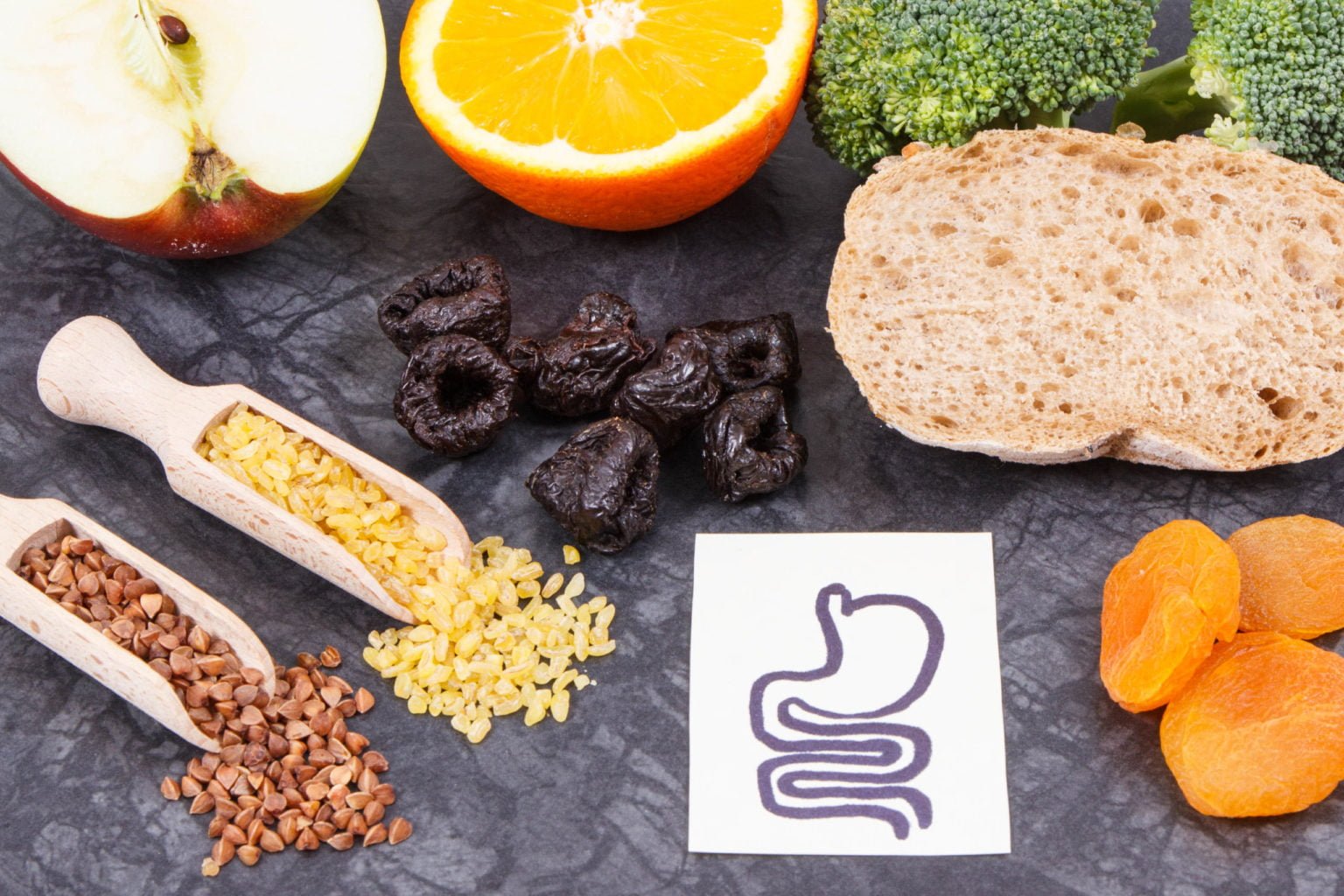There are a few different vitamins that are essential for optimal digestion. These vitamins work to maintain the health of the digestive tract, improve nutrient absorption, and keep things moving along smoothly. Keep reading to learn more about the top vitamins for digestion and how they work.
Vitamin C

There are many different vitamins and minerals that are essential for optimal health, and one of these is Vitamin C. Vitamin C is a water-soluble vitamin that is important for many different aspects of health, including digestion. Some of the ways that Vitamin C helps with digestion include promoting healthy gut bacteria, helping to break down food, reducing inflammation in the digestive system, and aiding in the absorption of nutrients from food. All of these things are essential for healthy digestion and can help to prevent problems like constipation, diarrhea, and other digestive issues. Vitamin C can also be helpful in managing conditions like Crohn’s disease and irritable bowel syndrome.
Vitamin D
There is a lot of research that supports the idea that Vitamin D is helpful for digestion. One study published in the Journal of Clinical Gastroenterology found that Vitamin D deficiency is common in patients with irritable bowel syndrome and that those patients who were treated with Vitamin D supplements saw a significant improvement in their symptoms. Another study, published in the European Journal of Clinical Nutrition, found that Vitamin D supplementation improved digestion in people with Crohn’s disease. And a study published in the World Journal of Gastroenterology found that Vitamin D deficiency is common in patients with pancreatic cancer and that those patients who were treated with Vitamin D supplements had improved survival rates.
There are several ways that Vitamin D can help with digesting food. First, Vitamin D helps to regulate the immune system, which can help to reduce inflammation in the gut. Second, Vitamin D helps to regulate the digestive system and the gut microbiome. And third, Vitamin D is a fat-soluble vitamin, which means that it is absorbed better when it is consumed with a meal that contains fat.
Vitamin B12

There are many different vitamins and minerals that are important for overall health, and one of the most important is vitamin B12. This vitamin is responsible for a number of different functions in the body, including digestion. Here are some ways that vitamin B12 can do just that:
Vitamin B12 is essential for the production of digestive enzymes. These enzymes help to break down food so that it can be properly absorbed by the body. Vitamin B12 also helps to keep the gut bacteria healthy. This is important, as gut bacteria play a key role in the breakdown of food. Vitamin B12 is essential for the absorption of nutrients from food. This includes important nutrients like protein and iron, which are essential for healthy food processing. Lastly, vitamin B12 helps to regulate the digestive system. This can help to keep things like constipation and diarrhea under control.
Magnesium
Magnesium is an essential nutrient that is required for many important bodily functions, including digesting food. The mineral helps to maintain the balance of fluids in the body, supports the function of the nervous system, and helps to produce energy. It is also important for the digestion of food. It helps to break down food and to move food through the digestive system. It also helps to digest fats and proteins.
There are several vitamins that are important for digestion and work together to keep the process running smoothly. These include vitamins D, B12, and C, as well as minerals like magnesium. All of these nutrients are necessary for the production of digestive enzymes and other factors that help to break down food. They also help to protect the gut lining and promote healthy gut bacteria.






